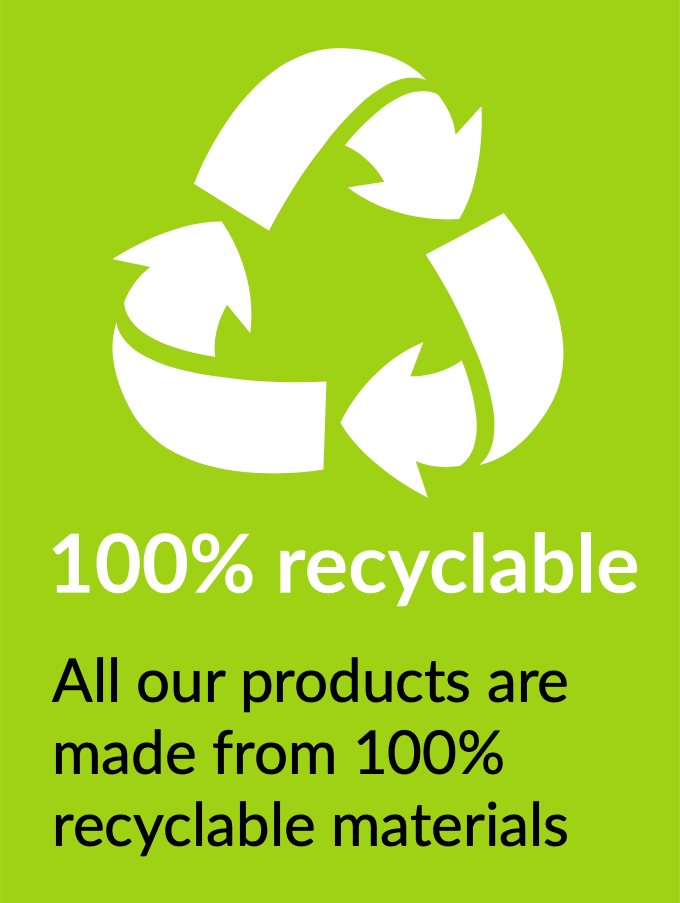Imagine that you’re standing very close to a roaring fire. You can feel the surge of the flames almost licking your face. It’s so hot you can feel your hair crackle. Do you keep standing there? Heck NO!
Why then when we’re stressed do we find it so hard to step back from the heat? We know we’re getting burned by it – not sleeping, eating too much, maybe drinking too much etc.
For many small businesses the work is often done by a small number of people. We supply packaging primarily to the food and drink sector. According to the FSB 97% of businesses in this sector are SME’s. The majority of our customer base employ less than 10 people.
Larger organisations are able to provide the resources and support needed to protect employees from exposure to stress – but what about the smaller enterprise where the workload is more concentrated in perhaps one or two individuals?
Some common causes of work-related stress are excessively high workloads, unrealistic deadlines, feeling rushed, unsupported, financial uncertainty, feeling under pressure and overwhelmed. It can creep up so slowly, you hardly notice the changes – like the heat from the fire. It just becomes the new you. Building emotional resilience is a great starting point to combating stress in the long term.
What is resilience?
Resilience is about how people choose to adapt to stressful situations. It may not always feel like it – but we always have a choice. It’s up to us to exercise it. Do we go with the flow in a difficult situation or become panicked and overwhelmed by it?
But it’s my Personality – I Can’t Change it!
It’s true that some people are more naturally resilient than others. It can also be influenced by external factors and life events. However, there are identifiable traits the resilient people share and these can be developed with the right motivation and with practice.
Some of these include:
- Self-Awareness: People who are self-aware understand the specific emotions they are feeling and can identify what’s driving those feelings. They keep things in perspective and don’t blame themselves when things go wrong. They are also acutely aware of their thoughts and manage them. E.g. choosing positive rather than negative options.
- Self-Control: Resilient people know that they can choose responses to a given situation. Their responses are not driven by others emotions or behaviours. In addition, they can identify the stressors in their life and take actions to minimise them. They listen to and understand their own inner workings.
- Optimistic: When things go wrong resilient people look at what can be achieved as well as what can be learnt from the situation. This helps them to find a way through. They are aware of their thought processes – that inner voice – the things they tell themselves are realistically positive rather than unnecessarily
The leading psychologist, Martin Seligman, says the way that we explain drawbacks to ourselves is important. This “explanatory style” is made up of three main elements:
- Permanence– People who are optimistic (and therefore have more resilience) see the effects of bad events as temporary rather than permanent. For instance, they might say “My boss didn’t like the work I did on that project” rather than “My boss never likes my work.”
- Pervasiveness– Resilient people don’t let setbacks or bad events affect other unrelated areas of their lives. For instance, they would say “I’m not very good at this” rather than “I’m no good at anything.”
- Personalization– People who have resilience don’t blame themselves when bad events occur. Instead, they see other people, or the circumstances, as the cause. For instance, they might say “I didn’t get the support I needed to finish that project successfully,” rather than “I messed that project up because I can’t do my job.”
Follow the link to hear Dr. Seligman talk about positive thinking and resilience.
https://hbr.org/2011/04/building-resilience
- Stickability: Resilient people don’t give up. They may need to make changes and re-group, but they believe in their goals and keep going. This also applies to developing traits such as resilience or other useful behaviours.
- Strong network: Social support is vital as a coping strategy. Resilient people cultivate good supportive connections both at work and home.
- Perspective: Resilient people are able to unpick problems rationally. They can learn from their mistakes instead of being overwhelmed by them. They break problems down and understand what they can influence. ‘What doesn’t kill you makes your stronger’ might be their motto.
- Healthy Choices: Being resilient is influenced by feeling fit and well. Exercise, healthy diet and life choices all improve our ability to cope with life’s difficulties.
- Coping strategies: Resilient people are not superhuman beings. They just develop good habits. E.g. When things become stressful typically our heart rate goes up, we might start to feel panicked. Simply learning to breathe effectively in the moment can help to quickly reduce anxiety. Here’s a technique I was taught many years ago:
- breathe in for a count of 4, filling your lungs and your tummy. Don’t hold your tummy in – let it go so that it feels like an inflated football – full of air. Hold for a count of 4, breathe out for a count of four. Repeat! As often as you like – but it will start to calm you very quickly.
These traits can be developed. It takes focus, effort, persistence and help from your support network. The charity Mind have more information on all things Mental Health. Follow the link to learn more. https://www.mind.org.uk/





